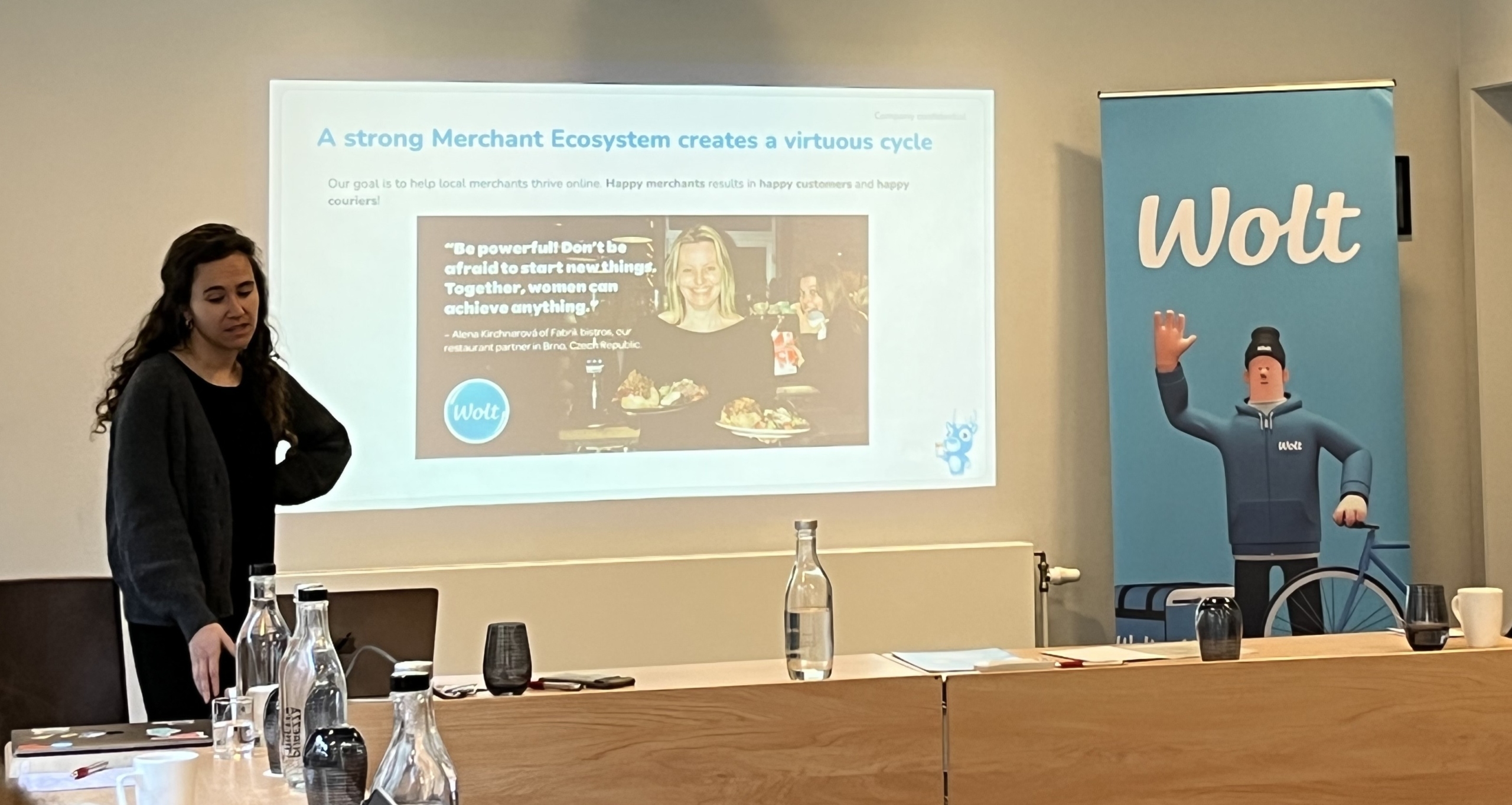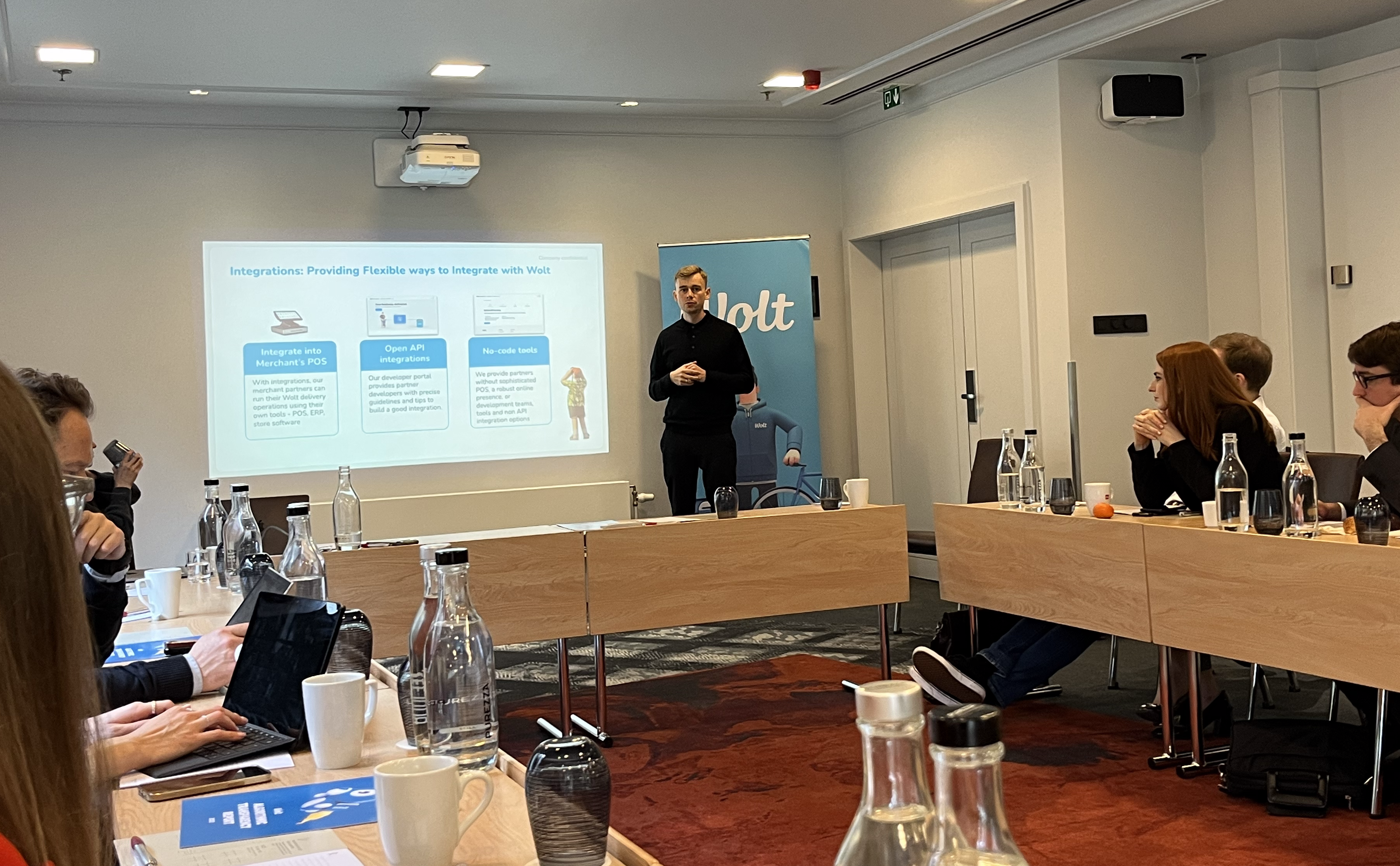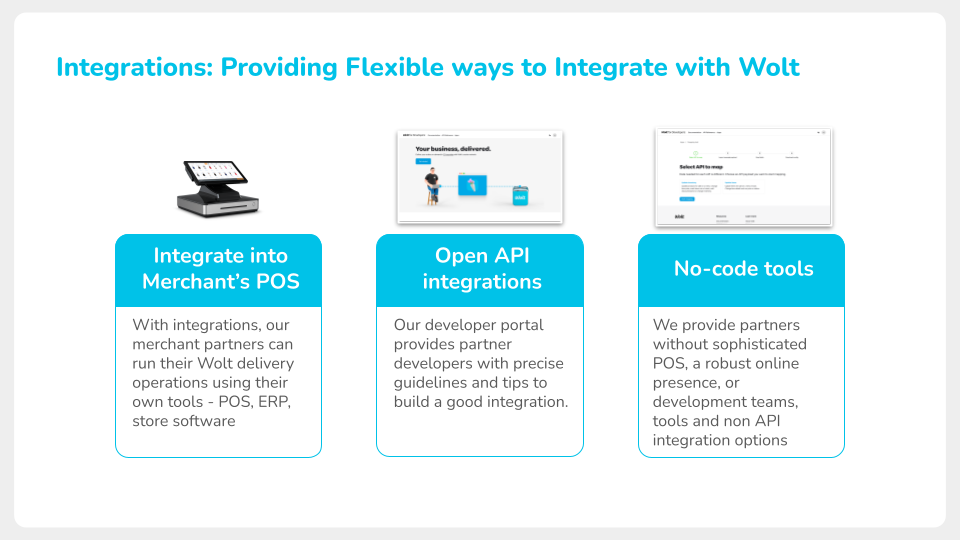Leveling the playing field for merchants through algorithmic transparency

At Wolt, technology is at the core of everything we do. There are currently more than 550 people working in Wolt product teams across the world, and the majority of Wolt’s products are developed in-house. However, those who build products rarely get to meet those who develop digital policy regulations. That’s why we launched the Demystifying Tech series as a means of helping bridge that gap.
As a local commerce platform, we connect people looking to order food and other goods with people interested in selling and delivering them. To enable this, we develop a wide range of technologies. But how do these technologies work? In the first Demystifying Tech workshop we explored the algorithms that engage courier partners; the second event explored how consumers interact with our platform. This time around we explored the third partner – the merchants.

At Wolt, we partner with over 100 000 merchants, ranging from your local corner shop to bigger enterprises and franchises. Many of the merchants are small or medium sized enterprises that would not have the ability to develop their own digital tools to jump on e-commerce to serve their existing customers even better and find new ones. We support local commerce in its transformation from an in-store shopping experience only to a hybrid model (online & offline) where Wolt’s platform provides the necessary digital tools and logistics.
AI products and services can improve the merchants daily life as more merchants have access to websites where they can sell their products faster and without expensive development
– MEP Axel Voss
In the third Demystifying Tech workshop co-hosted with German Member of the European Parliament Axel Voss in March, we heard directly from the product development side for merchants from Wolt’s Product Leads Maria de la Rotta and Flo Horbach. We also got the latest insights into the developments into the AI Act negotiations and more broadly how EU policymakers should think about tech regulation from Voss’s Head of Office and Digital Policy Adviser, Kai Zenner.

To reduce “low-value” work load on merchants, we mostly use AI to automate operations to allow them to focus on what they do best – run their businesses. As the macroeconomic environment becomes increasingly challenging, our tools help merchants run their business in a more capital-efficient manner by improving their operations, providing new insights, and helping them reach new customers.
For example, we provide tools for merchants to integrate their existing operations and software into the Wolt platform. We also provide open API access so that merchants can build their own integrations. For the merchants without sophisticated software, a robust online presence, or development teams, we have a no-code solution so that they can easily integrate their business needs with the Wolt platform.

In other areas, we use some third party automation tools to help merchants go online quicker. X-Menu is one of the tools we use to extract restaurant menu information directly into Wolt’s merchant tools. Using ChatGPT, we can extract information directly into Wolt from larger, more complex product lists used by larger retailers and merchants.
There is a gap between tech companies and policymakers, merchants and consumers that interact with algorithms, we need to recognise and use the importance and power of algorithmic transparency.
– MEP Axel Voss
We agree that transparency is required to build trust. That is why we published the Wolt Algorithmic Transparency Report. In it we explain how our product works and increase the broader understanding of how algorithms are – or sometimes are not – used at Wolt. We are excited to announce that in there will be an updated version of the Transparency Report coming up in May – register your interest to join us, our CEO and co-founder Miki Kuusi, VP of Product Vincent Ho-Tin-Noé, and many interesting speakers at our flagship event where we will launch it.




